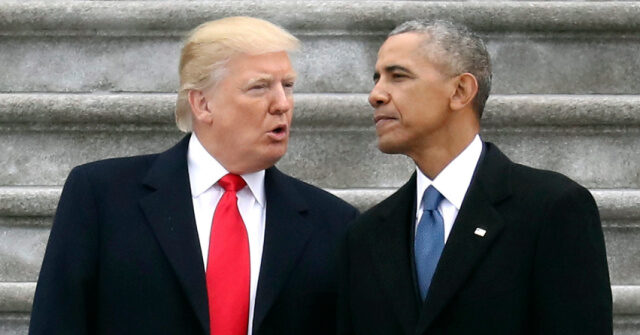The anticipation surrounding the inauguration of President-elect Donald Trump has reignited the longstanding divisions within the Democratic Party, with many members expressing uncertainty about their attendance at the upcoming ceremony. In 2017, approximately 60 Democratic lawmakers boycotted Trump’s inauguration, voicing their discontent with his election. This year, however, Trump’s decisive victory over Vice President Kamala Harris, combined with a significant Republican shift in several states, has resulted in many Democrats grappling with how to respond to his inauguration. Representative Jamie Raskin from Maryland articulated his internal conflict, expressing uncertainty about what there is to celebrate, while Senator Bernie Sanders remarked on his lack of engagement with the idea of attending. This sentiment reflects a broader hesitation among prominent Democratic figures.
Several other Democratic lawmakers have echoed this noncommittal stance, exhibiting varying degrees of reluctance about participating in the inauguration. Representatives Maxwell Frost from Florida, Alexandria Ocasio-Cortez from New York, and Senators Tim Kaine from Virginia and Tammy Duckworth from Illinois are among those who have not yet made definitive plans regarding their attendance. This apprehension is not merely a personal stance; some Democrats have decided against it altogether, framing their absence as an opportunity to honor Martin Luther King Jr. Day, which coincides with the inauguration. Representatives Ayanna Pressley from Ohio, Judy Chu from California, and Jasmine Crockett from Texas have all indicated that they will prioritize commemorating King’s legacy over attending the event.
Pressley, firm in her convictions, stated that attending the inauguration would undermine the spirit of honoring Dr. King’s contributions to civil rights, while Crockett emphasized her refusal to normalize Trump’s presidency or the ideologies he represents. Their statements underline how deeply personal beliefs and political principles inform the decisions of these lawmakers, revealing the complexities of navigating participation in a ceremony that they feel is at odds with their values. By invoking Martin Luther King Jr. Day, these representatives have galvanized their commitment not only to their constituents but also to the ethical framework that guides their political engagements.
As the date of the inauguration approaches, uncertainty persists regarding the attendance of former Presidents, an aspect highlighting the unprecedented nature of Trump’s presidency. In contrast to previous inaugurations attended by immediate predecessors as a show of unity, reports indicate that preparations are still unresolved for several former leaders. Although George W. Bush and Barack Obama have not announced their plans, speculation surrounds their potential absence, which could reflect broader discontent with the current political landscape. Meanwhile, there is a definitive confirmation that former President Jimmy Carter will not attend due to health concerns, representing a poignant reminder of the human aspect intertwined with political events.
The potential absence of Democrats and former presidents raises questions about the symbolic significance of the inauguration in the context of American democracy. While such events have traditionally represented a peaceful transfer of power and national unity, the prevailing sentiment among many factions of the Democratic Party suggests a distinct fracture. The lack of engagement from some members may reflect a deeper disenchantment with the political system, particularly as it relates to perceived fundamental differences in values between parties. The current political climate necessitates a careful navigation of participation in ceremonies that, while historical, may feel incongruent with personal and collective beliefs.
As political reporter Wendell Husebo noted, the divisions within the Democratic Party and the uncertainty regarding attendance from former presidents could shape public perception of the inauguration and its implications for Trump’s administration. This moment in American politics underscores the tension between ceremonial traditions and the lived experiences of those impacted by the political decisions of their leaders. In this charged atmosphere, the choices made by individual lawmakers not only reflect their personal convictions but may also send broader messages about the Democrats’ strategy moving forward as they contend with the challenges posed by Trump’s administration.

